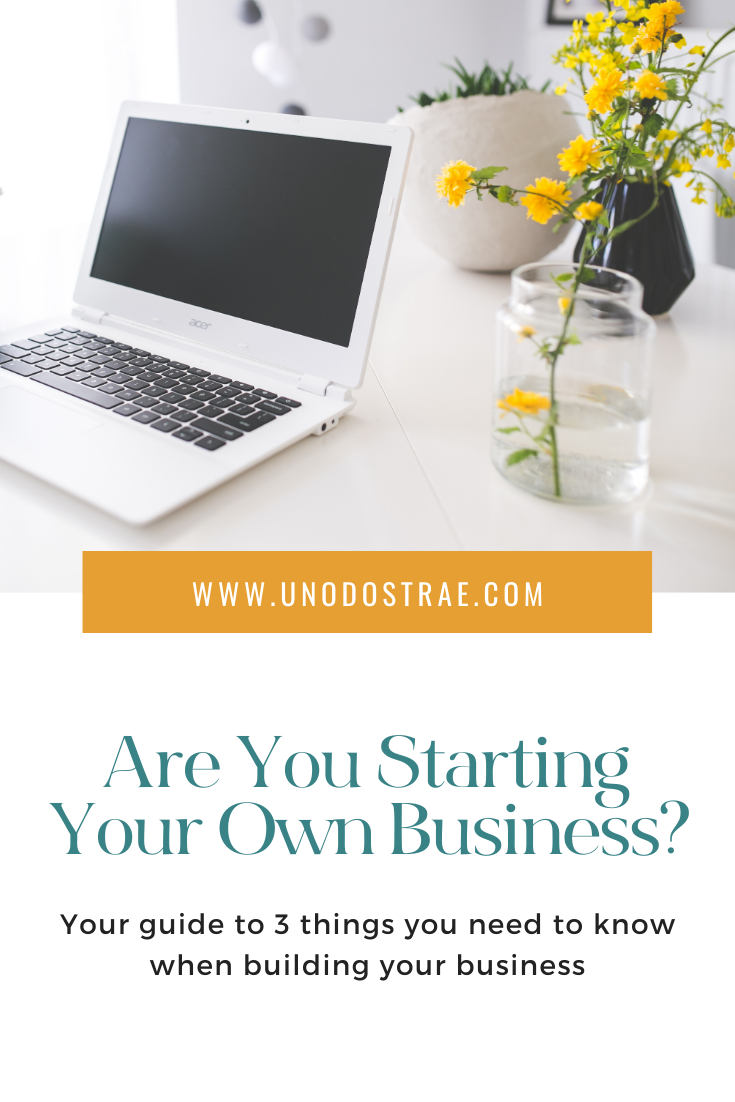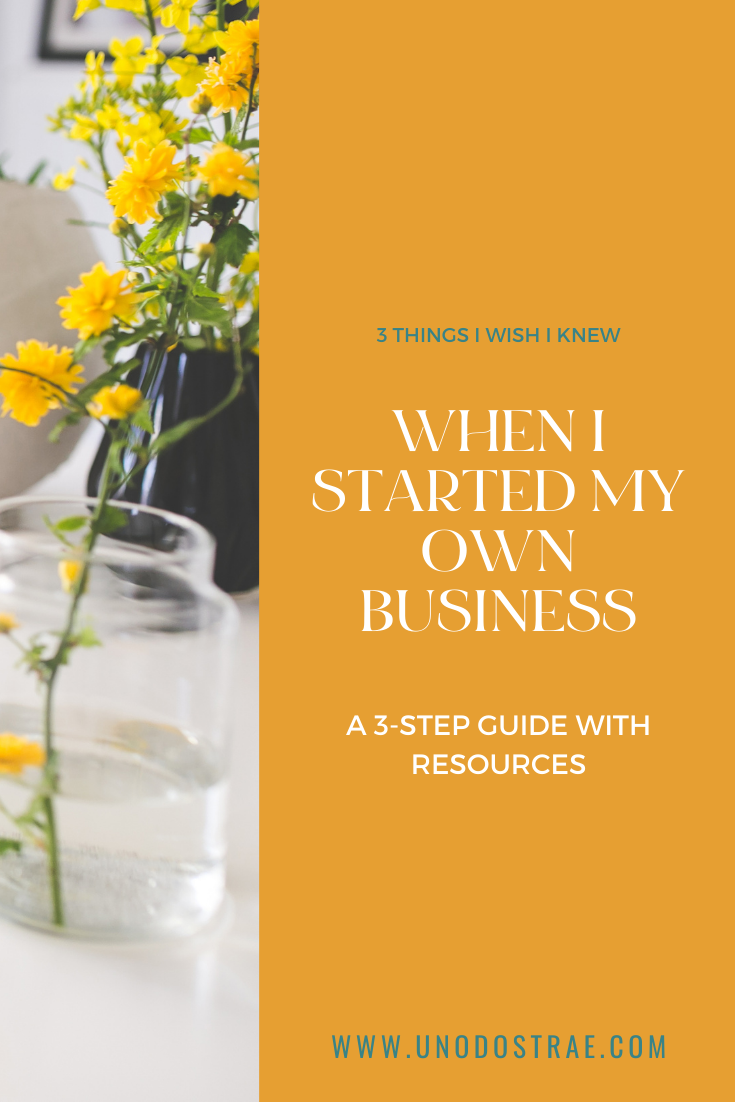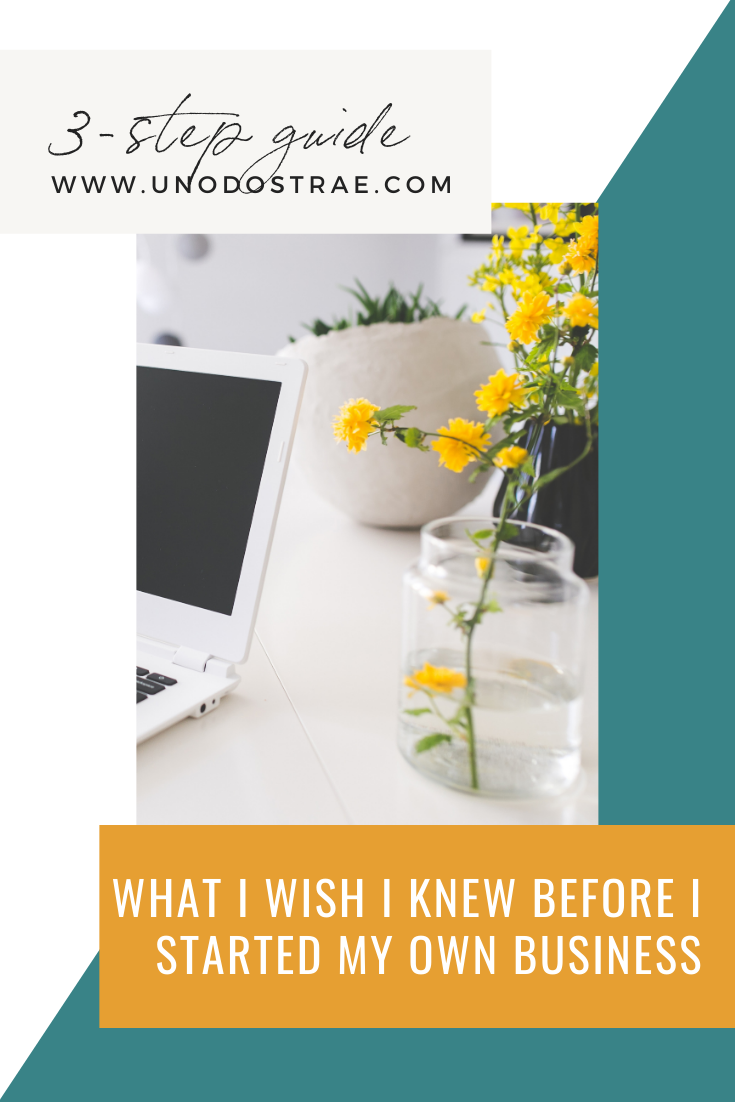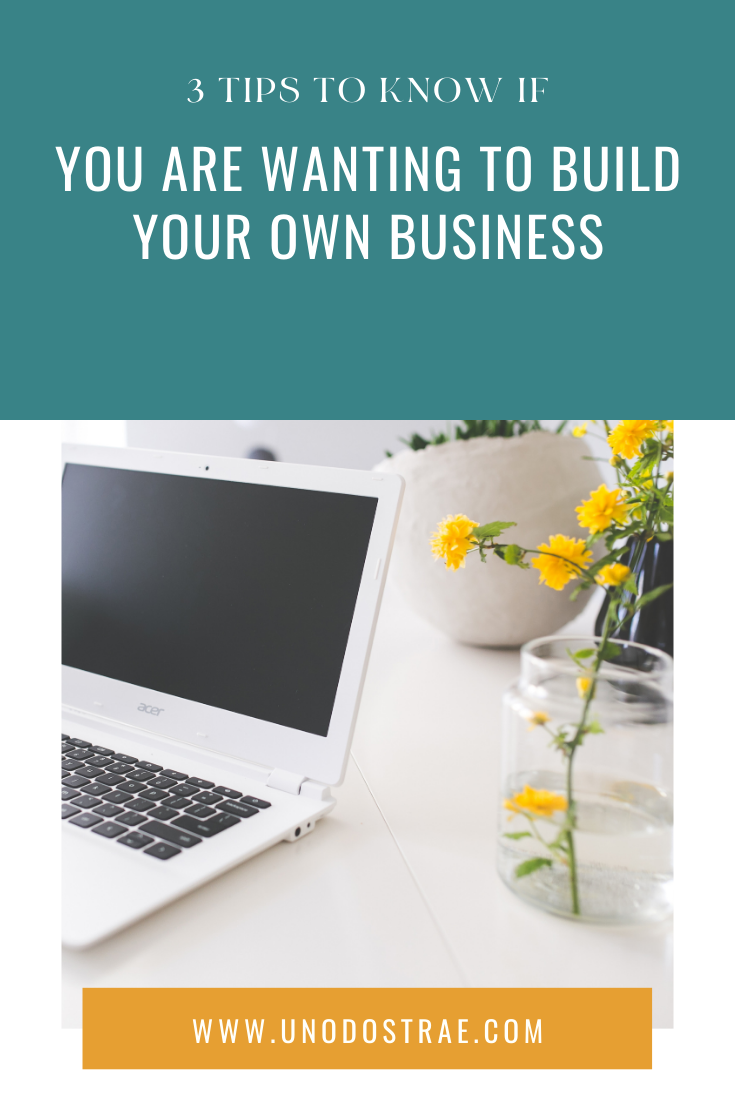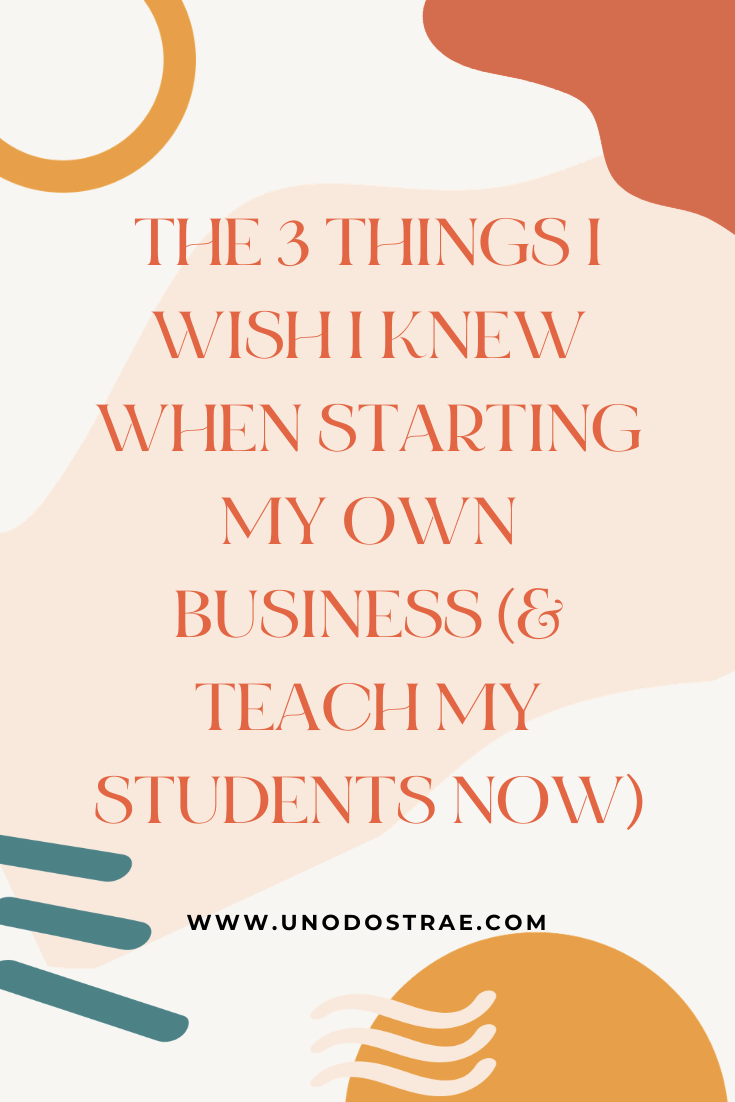
Starting my own business was a challenge (and I found this out the hard way).
Is it the best thing you’ll ever do? Absolutely.
Is it the most challenging thing you’ll ever do? Probably, yes.
I’m not a new business owner. I’ve spent many years building my business into what it is today. But these days, I spend a lot of time reflecting on what (little) I knew when I started, what I know now, and how I got there along the way.
And the one thing that always stands out to me is what I believe to be the only true shortcut in the entrepreneurial journey. And that’s to learn from others who have gone before you.
Now, I’m not saying that you should or need to copy exactly what other people did. In fact, please don’t. I used to think that if I emulated someone else’s path, then I’ll finally reach my goals. But this only left me feeling overwhelmed, confused, burnt out, and still not getting the results I was after.
But what finally did work for me was allowing myself to learn from others. I’m a big believer that every founder needs to create their own template, and I’ve also experienced firsthand that learning from others can propel you so much faster than doing it alone.
When I first built my business, I was starting out with limited knowledge. If I never looked towards other entrepreneurs, sought out advice, and invested in my education, I’d never have gone as far as I did. That, my friend, is a really big deal.
As you start to craft your own template for business and work towards that vision you have in your head, keep learning, keep seeking out lessons and keep searching for answers.
The 3 Things I Wish I Knew When Starting My Own Business
There were a few things I know now but wish I knew when I first started. And because these learnings have helped me grow my business immensely, I share them as important tools with my students as well.
1. A Strong Brand Foundation Is Essential.
As a brand strategist myself, I could talk about how vital it is to have a strong brand foundation all day long.
But, it wasn’t always that way.
When I first started out, I didn’t really quite understand the magic of a really powerful brand yet. And now, it’s not a rare thing for me to see clients and friends who tend to think that a brand is simply a logo slapped on your marketing collateral.
In all actuality, a brand is so much more than that. Your brand showcases every aspect of you and your business, from values and promises all the way to feeling and strength. A weak brand identity represents a brand that doesn’t know itself yet, while a strong one represents a powerful business with a clear vision.
Be the powerful business with the clear vision.
As you start to build your brand, do it with intention at each and every step — and don’t make the mistake of thinking that a brand identity is all you need. Instead, take extra time to define your brand pillars, strengthen your business values, and get clarity on your business as a whole. I can promise you — it makes a world of difference.
2. An Effective Website Is Crucial.
As someone who launched her website 3 times before fully understanding this concept, I can’t underestimate the importance of one thing:
Having a high-converting website is incredibly important to your success, and designing your site with conversion in mind is the best thing you can do for your business.
Here’s the thing: not all websites are created equally.
It doesn’t matter if you use a beautiful template, build your site on your own, or work with a talented designer — if your site isn’t attracting high-quality leads, nurturing your audience, and converting them into paying customers you need to take a second look to find the problem.
Otherwise? It’s fluff.
Instead of focusing on pretty colors and a template you like, make sure your website is optimized to entice customers, to remind them of why you’re their best choice, and then to encourage them to click. Those are the websites that scale businesses.
3. Sales Funnels Are Key To Scaling Your Revenue.
Finalizing your branding and building your website are two important pieces of the puzzle, but the work doesn’t quite stop there. Instead, you need to set up a simple sales funnel on your site.
I broke down everything you need to know about sales funnels in this blog post, but just think of it this way, your customer goes through 4 main phases before they decide to buy from you. They hop in at the top of the funnel with a lot of other people to gain awareness, and then a few people leave the funnel before they get interested. You’ll then have some of those interested potential customers make a decision… and take an action.
There are several ways to set up a super simple funnel on your website (I have some ideas for you), and it’s essential to scaling that revenue of yours.

If you’re in the weeds of starting a new business or growing an existing one, it can be super overwhelming to do it all alone. That’s where my Brand Brilliance Accelerator comes into play — a 16-week group workshop and incubator experience to help you develop a complete brand and launch with a high-converting website.
You can create something extraordinary (and then some) in your business with a strategic brand and website, and having a team alongside you makes it that much better. Plus, the lessons I shared today are just the tip of the iceberg. Join the waitlist here, and we’ll give you a heads-up when it’s time to apply.

